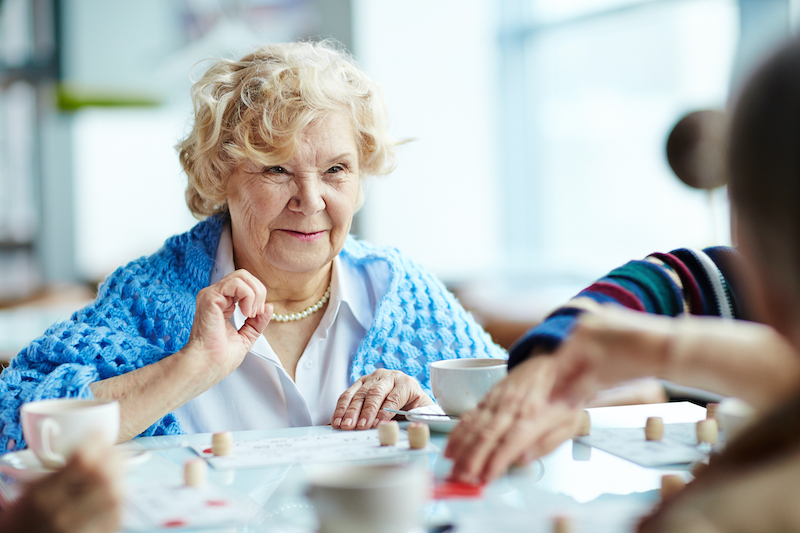
A variety of activities can help boost cognitive function for seniors.
Forgetfulness. Confusion. Disorientation. These as well as other impacts of cognitive decline make life challenging for seniors and people who care for them, and may derive from:
- Genetics
- Health conditions such as cardiovascular disease, diabetes, stroke, Alzheimer’s disease, and others
- Brain injury
- Medication side effects
- Poor lifestyle choices
- And much more
Yet it is essential to realize that aging in and of itself does not have to equal an unavoidable lessening of our memory and capability to clearly think and learn new things. There are actually steps we can all take to safeguard and boost cognitive function, such as:
- Start (and keep) moving. Exercise, particularly aerobic exercise, has been connected to a marked improvement in the brain’s ability to make new network connections as well as maintain older ones – an essential component of cognitive health. Not just that, but the actual dimensions of the brain structure related to learning and memory improves in individuals who are physically active, helping to optimize spatial memory functioning. The typical recommendation is to strive for thirty minutes on most days of physical exercise, but be sure to talk with the physician prior to starting or modifying any fitness program.
- Exercise your brain, too. Keeping the mind engaged and active is proven to establish cognitive reserves within the brain, allowing for compensation for certain brain changes related to aging or other conditions. In one recent study, individuals who engaged in meaningful, intellectually-stimulating activities achieved greater memory improvement compared to those who did not. Good choices to help keep the brain active include reading, playing games, learning new hobbies or skills, and working or volunteering.
- Connect with other people. A number of research studies document the negative effect of social isolation on both physical and emotional health. Remaining socially connected with family, friends, and the community as a whole is extremely important for the elderly. Additionally, keeping the brain engaged and active helps lower the danger for health complications such as depression. When in-person get-togethers are not possible, use technology (such as FaceTime, Skype and Zoom) to socialize, and interact with others through social media or simply through good, old-fashioned card and letter writing.
Grace Home Care, a provider of memory care in Topeka, KS, and the surrounding communities, can help older adults improve cognitive functioning and all-around health and wellbeing through personalized in-home care services that can include:
- Providing transportation to outings, the gym, exercise classes, medical appointments, and much more
- Preparing healthy meals
- Companionship to increase socialization and engage in mentally-stimulating games and puzzles, conversations, exercising together, trying new hobbies and learning new skills together, and much more
- Taking care of housekeeping and laundry tasks, allowing seniors and their families to spend high quality time together
- And many others
To learn more about our memory care in Topeka, KS, and the surrounding areas, contact us at 785-286-2273 for more information. We’d love the opportunity to help the senior loved ones in your life, and to provide a free in-home consultation.
